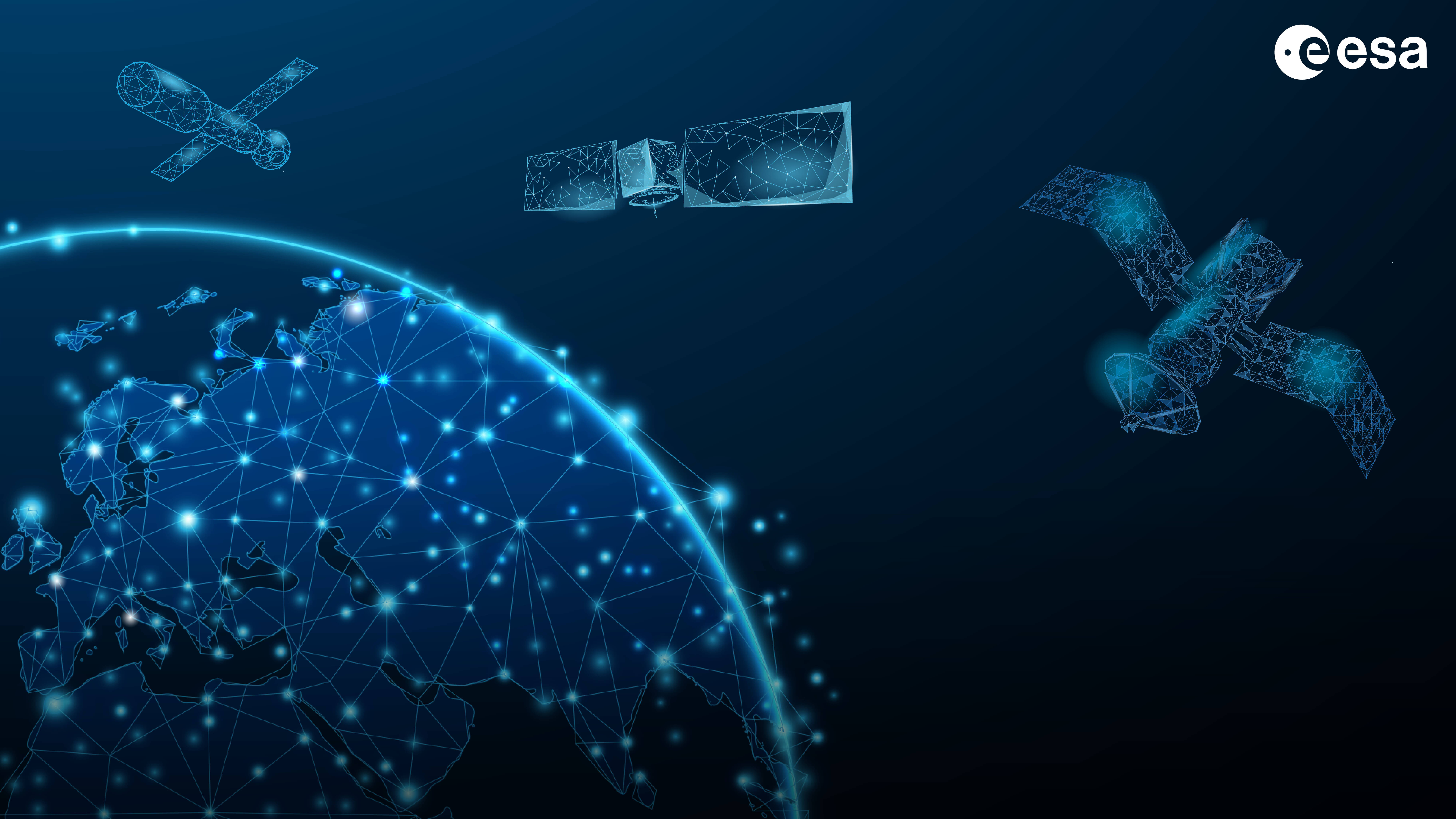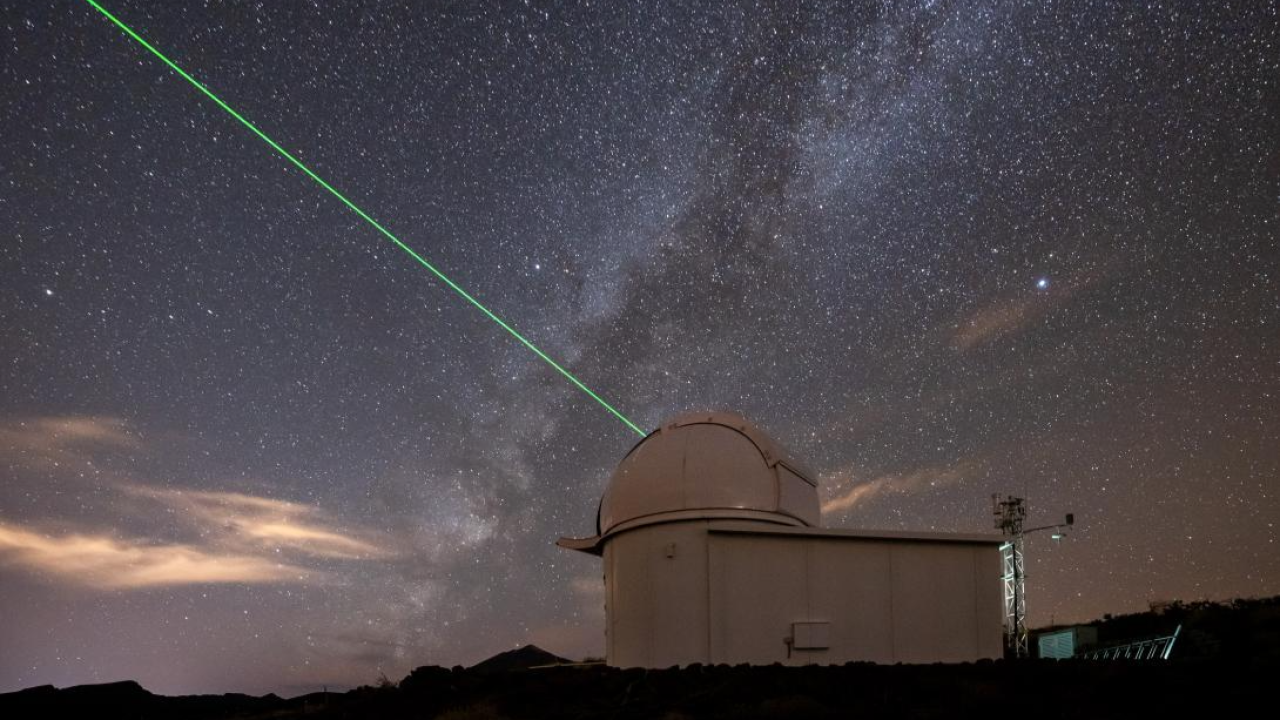ESA-FAIR Radiation Summer School Explores Space Radiation Research
The ESA-FAIR Radiation Summer School is set to take place from July 23 to August 8, 2023 at ESOC. This educational event, organised by the European Space Agency (ESA) and the Facility for Antiproton and Ion Research (FAIR), will explore the fascinating realm of space radiation and its impact on human space exploration.
The ESA-FAIR Radiation Summer School offers a unique platform for students, researchers, and professionals to expand their knowledge of space radiation. The programme includes lectures, presentations, and hands-on laboratory activities covering various topics such as space dosimetry, shielding techniques, radiation biology, and more.
Part I of the summer school will be hosted at the European Space Operations Centre (ESOC) in Darmstadt. Participants will have the opportunity to learn from esteemed experts in the field. Speakers include former ESA astronaut Thomas Reiter, Paolo Ferri, the former head of Mission Operations at ESOC.
Topics covered will range from living in space to the role of space flights, space radiation environment, space dosimetry, and more. The programme also includes a guided tour of ESOC and a chance to interact with professionals in the field.
Part II of the summer school, hosted at GSI, will focus on practical laboratory activities and further exploration of space radiation research. Participants will engage in teamwork assignments and gain hands-on experience in biology experiments for physicists and physics experiments for biologists.
The ESA-FAIR Radiation Summer School welcomes participants from various backgrounds, including students, researchers, and professionals interested in space radiation research. The programme promises to be intellectually stimulating, offering a rich educational experience and networking opportunities.
Cosmic radiation poses a significant health risk for human exploration and colonisation of the solar system. Crew members may face varying doses and types of radiation, which can endanger their well-being and overall survival, potentially hampering mission success.
The uncertainty surrounding radiation risk and the absence of straightforward and effective countermeasures further complicate the issue. A major source of uncertainty stems from our limited understanding of the biological effects of cosmic rays. Consequently, it becomes imperative to conduct research on the biological impact of space radiation. Such investigations would enable more accurate risk assessments, leading to better planning and implementation of countermeasures.
To address these challenges, the European Space Agency (ESA) has been actively involved in space radiation research at the GSI particle accelerator in Darmstadt, the sole facility in Europe capable of simulating cosmic radiation. GSI has constructed FAIR, a new facility with even higher energy levels for simulating cosmic rays. As part of the recently established Cooperation Agreement between ESA and GSI-FAIR (ref.: ESA/C(2017)130), the ESA-FAIR Radiation Summer School has been established. The primary objective of this school is to provide students with training in fundamental heavy ion biophysics applicable to both terrestrial and space contexts. Through this initiative, ESA aims to advance research and development in the field of biomedical and biophysical applications of heavy ions in Europe. Moreover, the school serves as a testament to ESA's commitment to promoting education in Science, Technology, Engineering, and Mathematics (STEM) disciplines and fostering interest and expertise relevant to Human Spaceflight activities. With its unique nature, the ESA-FAIR Radiation Summer School has garnered substantial attention from the international community.



